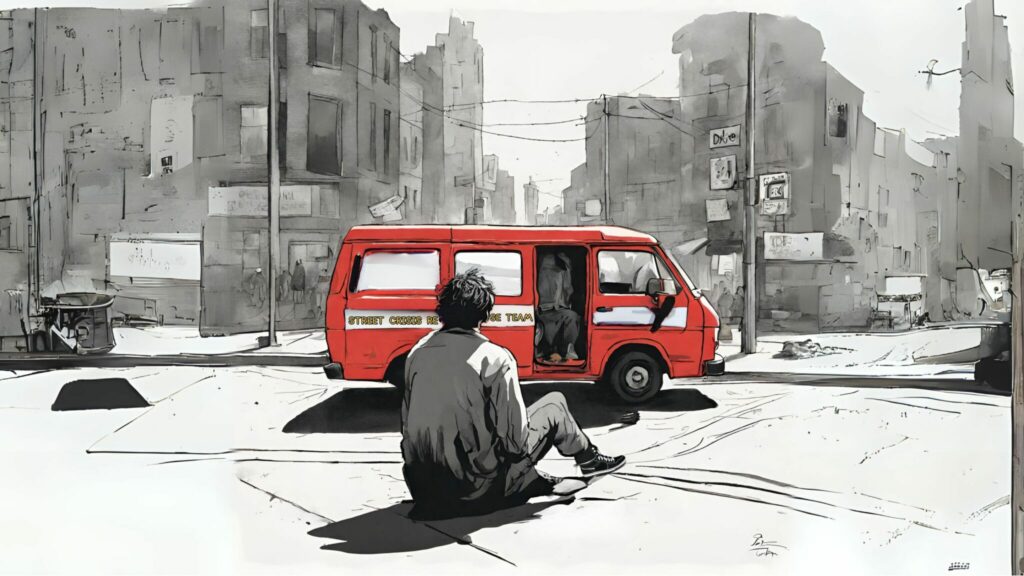Getting Drug Treatment Beds Is So Hard for Poor It’s Like Winning the Lottery

Voice of San Diego, by Lisa Halverstadt, September 28, 2023: Low-income and homeless San Diegans often can‘t quickly access residential treatment for substance use disorder.
On a recent day earlier this month, Jerry Shirey’s team at San Diego Freedom Ranch had a list of more than 30 people seeking a detox bed to start the agonizing process of withdrawing from drugs or alcohol. Freedom Ranch had one bed left to offer.
“I have to choose between 32 people for it,” Shirey said.
That day’s tough call wasn’t unusual. Shirey said some clients have recently waited as long as two months for a spot at his Campo facility.
For many San Diego Diegans who want to escape addiction but are confronting the horrifying ordeal of withdrawal symptoms, quick access to residential treatment is like winning the lottery, especially if they have Medi-Cal health insurance. Countywide, overdoses left 1,300 people dead last year. Even if a very small portion of the people struggling with addiction who rely on subsidized health care wanted to stop and sought help at a residential facility, there aren’t close to enough spots to support them. This reality endures despite agreement among experts that detox should be available on demand because people can die while waiting for care.
While San Diegans with private health insurance and financial means have more treatment options, the county has just 72 withdrawal management – or detox – beds for the nearly 1 million San Diegans with Medi-Cal insurance. These are places where trained workers typically support and keep tabs on people for seven to 14 days while they deal with symptoms such as pain, diarrhea, vomiting and exhaustion. Only two of these detox beds for Medi-Cal patients are in the city of San Diego, which until recently had no beds for these patients. The county and providers expect to bring another 10 beds online in the coming weeks – and have said they are determined to add more.
Some who are lucky enough to get a detox bed often next try to secure one of the county’s just over 1,000 longer-term residential treatment beds where Medi-Cal patients can stabilize for weeks or months after they have started the withdrawal process. Others pursue these programs absent a stay in detox. People in both situations also are often stuck waiting for a spot, making them vulnerable to relapses and overdoses.
The limited number of these beds isn’t the only challenge contributing to the access crisis for Medi-Cal patients who want residential substance abuse treatment.
Intake processes often require repeated and even daily phone calls, which can be onerous for people in the throes of addiction and particularly difficult for homeless patients who often struggle to maintain a charged cell phone on the street. Most programs also can’t treat people who are also experiencing medical issues, a gap that can make it difficult for someone with a condition such as incontinence or with wounds common among drug users to access treatment.
Read more from Voice of San Diego here.




